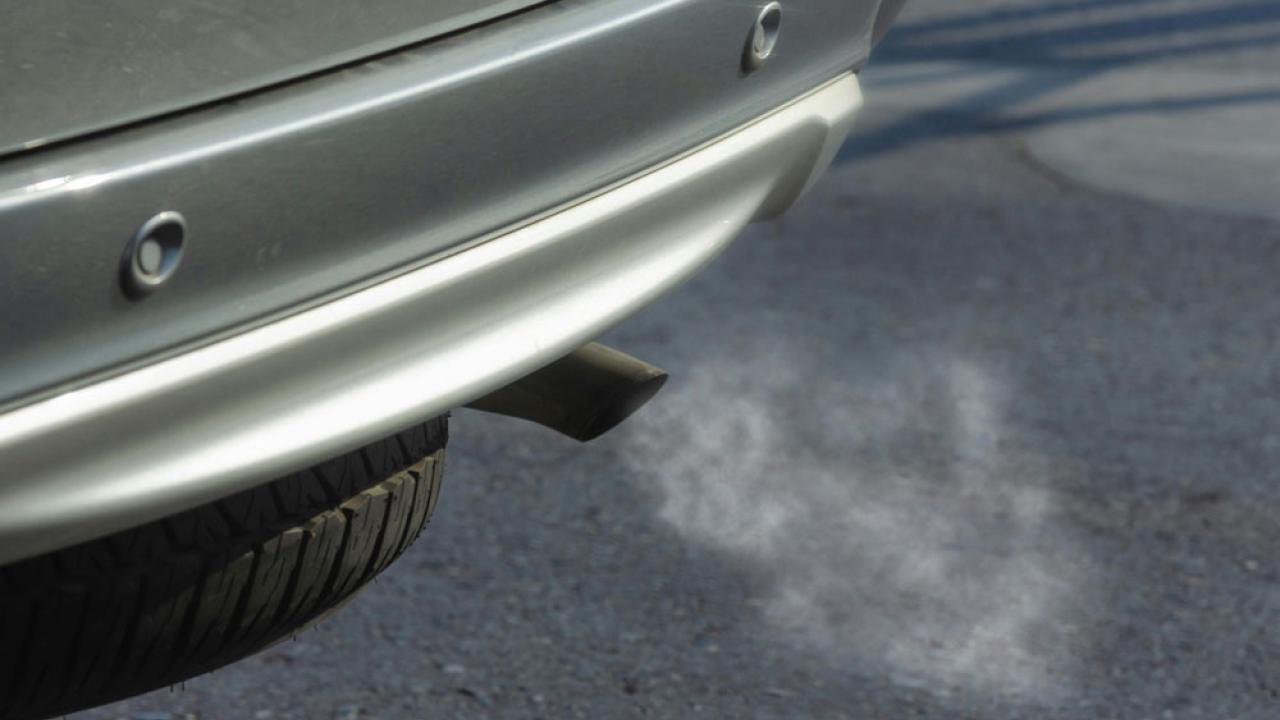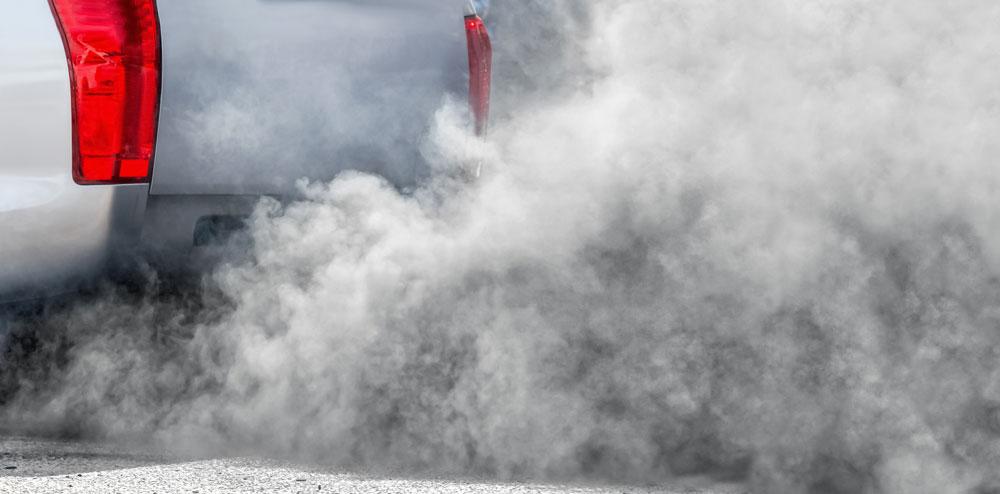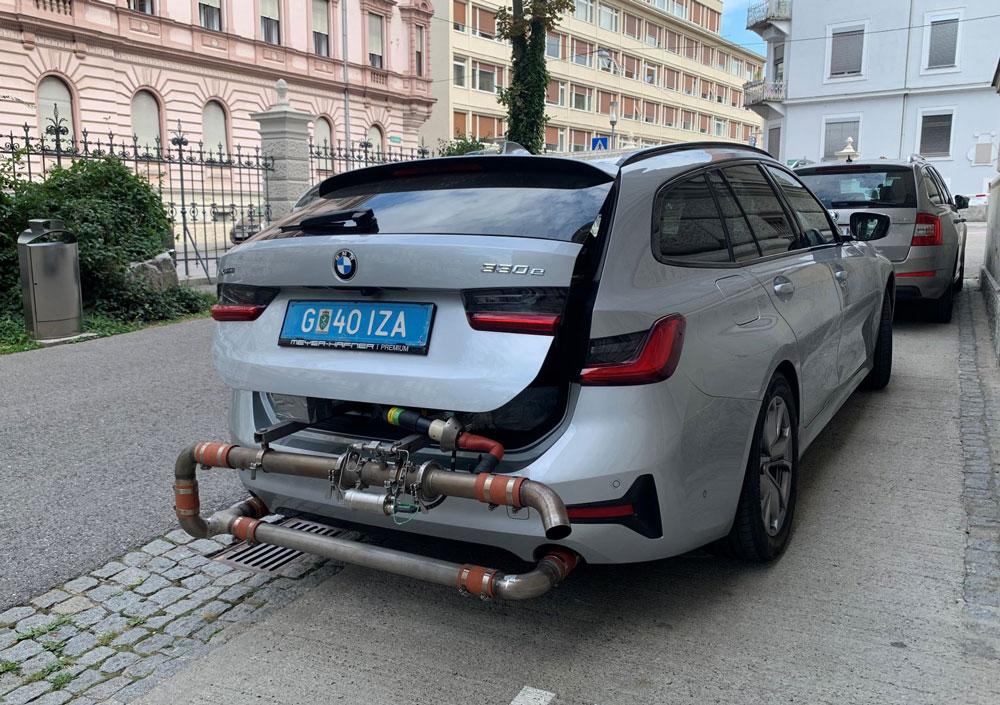New research has found that two-thirds of fleet managers aren’t tracking harmful emissions caused by their vehicles. This study was carried out by Microlise, the global technology solutions provider.
This presents a significant opportunity to save some of the 43,000 lives lost per year linked to air pollution, while also making the environment and air much cleaner.
The government has set an economy-wide target of an 81 per cent reduction in greenhouse gas emissions (GHG), which are harming the air, the environment, and peoples’ health.
In order to do this, it is vital that we track road transport emissions so we can take the appropriate steps to reduce them, such as using cleaner and greener fuels, which can reduce air pollution and the amount of carbon released into the atmosphere.
Children, the elderly and those with pre-existing health conditions are most vulnerable to the impacts of emissions.
Road transport, in particular, is a major source of small particle air pollution (PM2.5) and can cause serious health problems, particularly in urban areas where pollution is at its worst.
Microlise CEO, Nadeem Raza explains what needs to be done: “The first step for companies looking to reduce the amount of harmful gases emitted by their fleets is to track what they emit right now.
“This can be done using fleet optimisation tools which ensure that routes are planned for better fuel efficiency and reducing empty loads that produce greenhouse gases without any material benefit.
“Once this analysis has been corrected, the fleet or transport manager can then decide on other ways to further reduce their fleet’s effects on the environment.”
“By using more fuel-efficient vehicles, better planning and training drivers to drive more economically, this not only reduces harmful emissions, but also saves money, improving the bottom line.”







